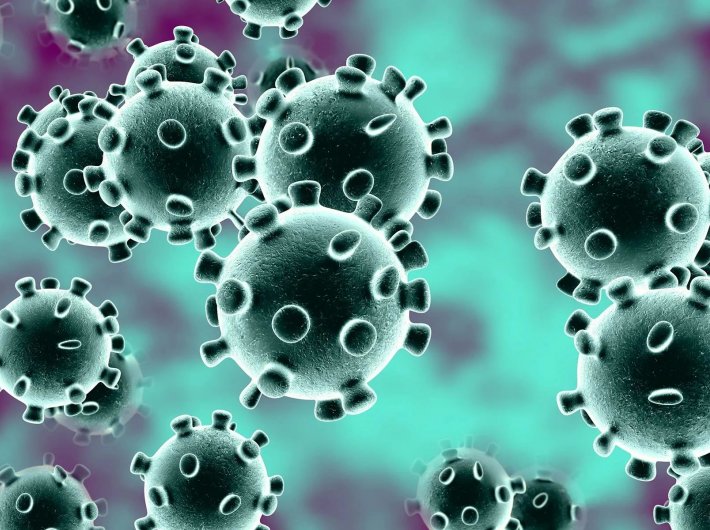India has been registering the maximum number of new daily cases in recent times. The figure has gone above 80,000 now, higher than any other country since the outbreak of Covid-19 pandemic. At the same time, the authorities have ramped up the number of tests conducted every day, leading to a healthy recovery rate too.
According to the health ministry bulletin Thursday morning, new confirmed cases numbered 83,883 in the previous 24 hours, taking the total so far to 38,53,406. This period also registered 1,043 deaths, with the cumulative toll touching 67,376.
On the other hand, 68,584 people recovered during this period, and the number of total recoveries has gone up to 29,70,492. This means that the number of active cases has risen by 14,256 to 8,15,838. The number of the recovered is about three times higher than then that of the active cases.
Five states – Maharashtra, Andhra Pradesh, Karnataka, Uttar Pradesh, and Tamil Nadu – account for 62% of the active cases in the country.
The statistics are bewildering but the health secretary brought out the silver lining when he told the media Thursday that the cases per million in the country are 2,792 as compared to the world average of 3,359 cases per million. Also, deaths per million population in India are 49 as compared to the world average of 111 deaths per million.
26 states & UTs report higher than 70% Recovery Rate
The recoveries recorded in the 24 hours are also the highest in a day so far. As many as 68,584 patients were discharged in the period. This has led to a surge in the total number of recovered patients which is nearly 30 lakh (2,970,492). With this, India's Recovery Rate has touched 77.09%. The number of recovered patients has outpaced the active cases (8,15,538) by more than 21.5 lakh.
The recovered patients have increased to more than 3.6 times the active cases, as on date. The record high recoveries have ensured that the actual caseload of the country, that is, the active cases, has reduced and currently comprises only 21.16% of the total positive cases.
Focus on improved and effective clinical treatment in hospitals, supervised home isolation, use of non-invasive oxygen support, improved services of the ambulances for ferrying patients for prompt and timely treatment, upgradation of clinical management skills of doctors treating Covid-19 patients by active technical guidance through tele-consultation sessions of AIIMS, New Delhi, use of steroids and anti-coagulants, etc., have together resulted in seamless efficient patient management.
These measures have ensured that India’s Case Fatality Rate (CFR) is maintained below the global average (3.3%). Witnessing a decline every day, it stands at 1.75%.
More than 11.7 lakh COVID tests conducted in the last 24 hrs
The authorities are relying on the three T strategy of Testing, Tracking and Treating to keep the numbers in check. Continuing the spree of conducting more than 10 lakh tests per day from the last two days, India has witnessed an unprecedented surge in daily testing by Thursday morning. Over 11.7 lakh (11,72,179) tests were done in the 24 hours. With this achievement, the cumulative tests are more than 4.5 crore (4,55,09,380).
This demonstrates an exponential increase in the daily COVID-19 testing in the country. From conducting merely 10 tests per day on 30th January, the daily average has crossed more than 11 lakhs today.
India’s daily testing numbers are one of the highest in the world. Such high levels of testing on a sustained basis over a period of time in widespread areas enable early diagnosis, and in turn facilitates seamless isolation and effective hospitalisation. This eventually leads to lower mortality rate. Higher numbers of testing also subsequently result in lowered positivity rate.
This surge in testing has been made possible by an equally speedy expansion in the testing lab network across the country. India has today 1,623 labs in the country; 1,022 labs in the government sector and 601 private labs.
Also, state-of-the-art high throughput machines including Cobas 6800/8800 are installed at 5 sites: ICMR-Rajendra Memorial Research Institute of Medical Sciences, Patna; ICMR-National Institute for Cholera & Enteric Diseases, Kolkata; National Centre for Disease Control, Delhi; ICMR-National Institute for Research in Reproductive Health, Mumbai; and ICMR-National Institute for Cancer Prevention & Research, Noida. These can test around 1,000 samples per day with minimum human intervention.
The testing capacity was augmented gradually with RT-PCR is the gold standard test in the phase-1 covering Large cities / Urban areas, followed by Molecular assays with short turn-around-time at the district level in the second phase. In phase-3, Antigen tests are recommended in containment zones and hospital tests where no molecular tests are available.
